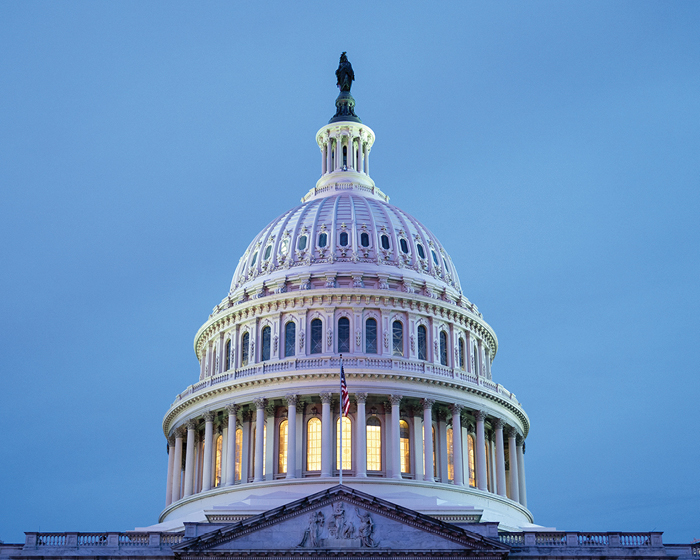Key Takeaways
- Republicans propose large cuts in Treasury, IRS budgets.
- Cuts come as the agencies gear up to implement the OBBB.
- Congress also considering second tax bill to include items left out of OBBB.
- Tax bill led to lobbying bonanza in DC.
- Congressional Budget Office estimates larger deficit impact from OBBB.
The federal government faces the daunting task of implementing the One Big Beautiful Bill over the next few years—and it may have to do it with fewer people than it has now.
With federal spending set to expire in a few months, Congress has begun to move forward annual appropriations bills to set funding levels for the years ahead. Republican lawmakers, taking cues from the Trump administration’s own reorganizations and reductions in the federal workforce, have proposed cuts in many federal agencies and departments—including the Department of the Treasury and the Internal Revenue Service.
On July 21, a subcommittee of the House Appropriations Committee advanced a bill that would cut IRS spending by 23 percent, and would institute a 17 percent reduction in salaries and spending for Treasury. Another bill submitted to the Appropriations Committee would codify the Trump administration’s reorganization at the Department of Justice which eliminated the department’s stand-alone Tax Division.
Neither of these bills have received a full committee vote yet, and the House of Representatives likely won’t consider appropriations legislation on the floor until September. Both parties will need to come to an agreement to pass a funding bill, and Democrats are sure to strongly oppose slashes to tax enforcement budgets. So at this point, these are merely proposals.
But it’s a reminder that as Treasury begins to implement the OBBB, it will do so under the cloud of a Republican push to scale back the size of the federal government. The tax bill may not seem too complex, with much of it simply extending the 2017 Tax Cuts and Jobs Act–but it also includes many new tax provisions and nuanced changes to existing laws.
Another OBBB Bite
Talk in DC of a second tax bill this year hasn’t died down, especially after House Speaker Mike Johnson outlined some of the plan in a BGov interview this week.
Johnson said the bill could focus on reworking some of the proposals which were nixed by the Senate parliamentarian due to the Byrd Rule, which bars non-budgetary items in the reconciliation procedure which lawmakers used to pass the OBBB. With different language, this could be a second bite at the apple with the Senate parliamentarian, who makes the rulings.
This would generally mean that the bill would focus on non-tax items, since the tax provisions are usually considered budgetary. But not always. Some tax-related proposals which didn’t make it into the final bill due to Byrd concerns include pre-certification requirements for the Earned Income Tax Credit and an exemption from the bill’s endowment tax for religious colleges.
Recent Tax Pieces:
Lobby Giants Cash in on Trump Tax Bill as Brownstein Hits Record – Justin Henry, Bloomberg Tax:
The results show how the firms benefited from intense lobbying activity surrounding the One Big Beautiful Bill Act, which President Donald Trump signed into law on July 4. The firms received high payouts from Apollo Global Management Inc. and Nippon Steel Corp.
New GOP Tax Law Will Add $3.4 Trillion to the Deficit, CBO Says – Katie Lobosco, Tax Notes ($):
3 Takeaways From Budget Law's Opportunity Zone Revamp – Asha Glover, Law360 Tax Authority ($):
"I really think it's a great thing that it's now a permanent fixture in the tax code," Krahe said. "I also like the fact that there will be new designations of opportunity zones every 10 years. I think that's important for the communities and for the purpose of the program."
Trump Looking at Removing Capital Gains on House Sales – Richard Rubin, The Wall Street Journal:
Still, the exclusion means most homeowners don't pay capital-gains taxes when they sell. About 13 million households—or 15% of homeowners—potentially exceed the cap, according to a study commissioned by the National Association of Realtors. Rep. Marjorie Taylor Greene (R., Ga.) introduced a bill this month that would repeal the capital-gains tax on principal residences.
Trump’s Next Task Is Turning ‘Beautiful Bill’ Into Economic Boon – Daniel Bunn, Bloomberg Tax:
Make a habit of sustained success.



